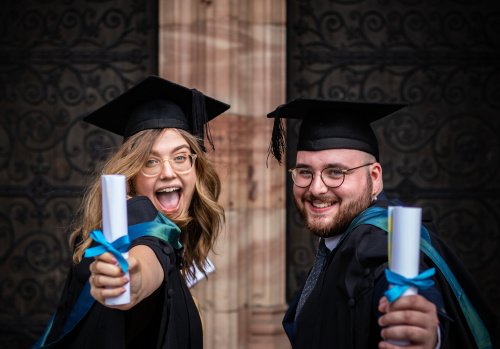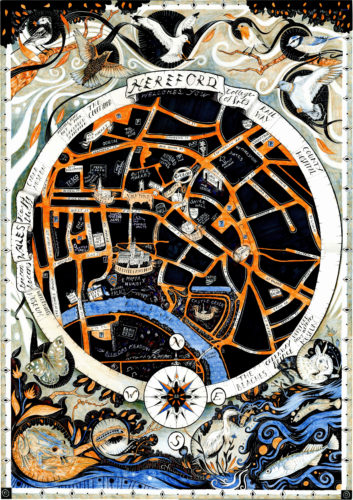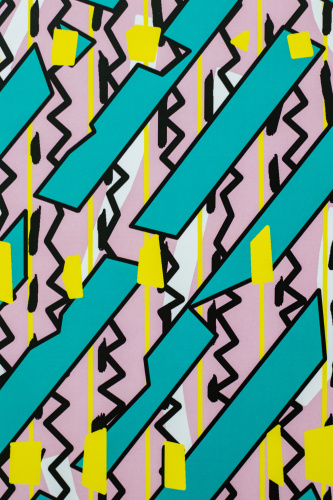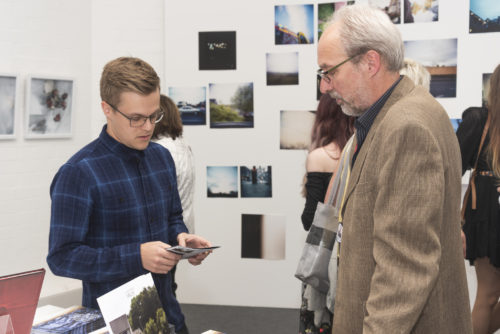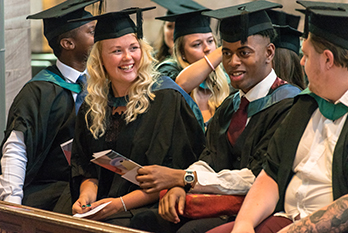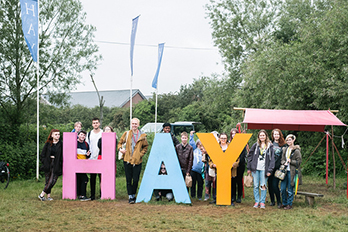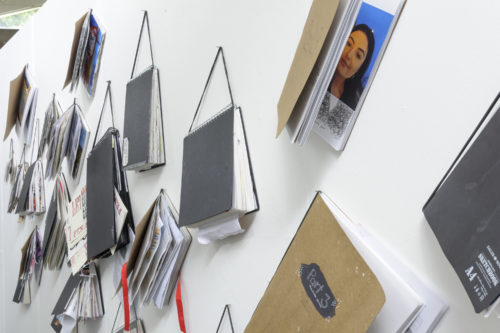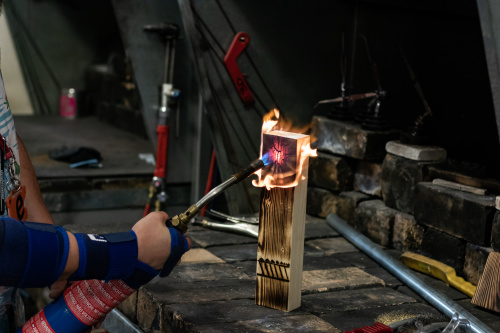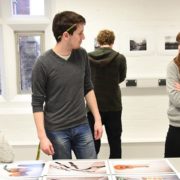Scholarship and teaching excellence in College-based Higher education
Published on 02.02.17
4 1/2 minute read “The learning environment is enriched by student exposure to and involvement in provision at the forefront of scholarship, research and professional practice.” (TEF assessment criteria LE2) It would be easy to interpret this assessment criteria as a reference to Boyer’s ‘Scholarship of Knowledge’ and for more vocational college-based HE
Categories
4 1/2 minute read
“The learning environment is enriched by student exposure to and involvement in provision at the forefront of scholarship, research and professional practice.” (TEF assessment criteria LE2)
It would be easy to interpret this assessment criteria as a reference to Boyer’s ‘Scholarship of Knowledge’ and for more vocational college-based HE providers to rely on their lecturer’s dual-professionalism and base their response around ideas of ‘professional practice.’ But scholarship in Boyer’s model is not limited to the post-doctoral researcher but far more inclusive. It enables the institution to clearly articulate that using evidence-based practice, and working alongside external employers or the community to inform curriculum decision-making (for instance) is part of the scholarship of application. And such work will evidence teaching excellence regarding learning outcomes and teaching quality (S02 and TQ3)
If we use Boyer’s model as a framework for capturing evidence of scholarship, our articulations become stronger, and, potentially, more developmental. If we consider the Teaching Excellence framework through the lens of Boyer’s scholarships, the gathering of evidence for the contextual framework becomes less of a ‘moment of metric capture’ and more a snapshot of an ongoing developmental process that is inherently tied to supporting our learners to achieve their academic potential.
Scholarly practice is threaded through the assessment criteria; providing the institution accepts and recognises scholarship as going beyond the search for new knowledge then the framework evidences itself. If we embrace the Scholarship of Teaching and Learning, then our work in stretching and challenging our learners becomes an integral part of our practice and one that is evidence-based through action research evidence or reflections (and therefore easier to evidence within the contextual statement).
The Students as Partners agenda is equally important here, engaging students through working alongside them, rather than casting them in the role of passive knowledge-consumers.
Regarding rigour and stretch (TQ3), involving students as partners in scholarly research and practice supports their learning as part of an ongoing process which celebrates and rewards curiosity, enquiry and the sharing of knowledge. What is peer review if it is not ‘assessment to support development and attainment’? Casting students in the role of scholars, or researchers of their own, and each others’ practices will surely scaffold the kind of independent learning that is appropriate to HE.
Scholarship is equally relevant when one considers the need to evidence the proper use of digital resources (LE1). In our fast-paced fluid world, if we do not keep up-to-date on current digital pedagogies then our students will suffer. We must teach in the digital, but mindfully, not simply grasping at ‘new’ technologies without clearly identifying where they can be of benefit to students. And if students are encouraged to be partners in this then they will have a more personalised learning experience (LE3), and gain transferable skills (SO2).
The point I’m trying to make isn’t simply that adopting this approach makes mapping activities to assessment criteria easy to evidence, but that, as scholarly practice is in itself iterative, under development, so too becomes the TEF. The TEF exercise becomes a reflection point, part of learning carried out by the institution as a whole, and wholly meaningful, as then the institution can pause, reflect, evaluate and develop as a community of staff, learners, and the wider community.
In College-based Higher education, we are in a particular position. Used to Ofsted, with strict criteria and rigid systems, we can see TEF as a similar binary exercise. A top-down audit. Or, we can see it as a developmental exercise which is only one part of a wider culture of scholarship and scholarly practice. Then, our learning environments will be enriched by scholarship and our learners will benefit. And that is what The Scholarship Project, for me, is all about.
